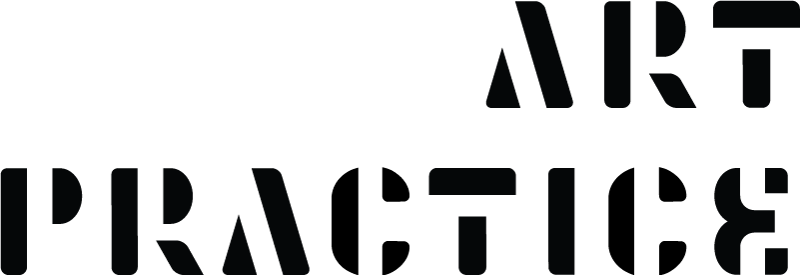Policies
The Department of Art Practice at UC Berkeley is a community of artists and creative researchers. We strive to create a welcoming and supportive community for creative research and artistic expression in a wide range of media. We set forth the following policies to leverage freedom with structure. The policies are additions to all policies maintained by UC Berkeley. The policies are ordered alphabetically.
Free Speech
Art Practice maintains that the constitutional right to free speech includes works of art. Every work of art, in every stage of its creation, is academic work and is an act of free speech. Art Practice upholds all forms of free speech that do not infringe upon or cause harm to the rights and freedoms of others. All artists are welcome to pursue the safe, free, and unfettered creation of their academic work.
We hold all members of our creative community accountable to the display of good judgment, civil discourse and respectful consideration of the academic work of others. Civil discourse is discourse that is intended to enhance understanding, engagement and insight.
We maintain, defend and grow a creative space of equity and inclusivity. We oppose any and all rhetoric, vandalism, discrimination or other intimidating actions against any members of our creative community and their academic work on the grounds of race, ethnicity, gender, disability, sexual orientation, religious orientation, immigration status, or economic status.
Plagiarism
We require that all members adhere to the highest standards of personal conduct according to the UC Berkeley Student Code of Conduct in their pursuit of academic work. All plagiarism, the duplicitous attribution of academic work as one's own, will result in disciplinary actions according to the Student Code of Conduct. UC Berkeley’s plagiarism policy extends to works of art. Students who present works of art as their own works although they did not actually make them and who intentionally suppress or present misleading authorship information will be investigated for plagiarism by the appropriate offices.
Vandalism
Vandalism is the material manipulation or destruction of another person's property. Any intentional and non-accidental modification, defacement or full or partial destruction of a work of art by a third party that is not intended, executed, authorized or welcomed by the original artist is considered an act of vandalism and/or a hate crime, depending on the content of the modification.
Students who commit vandalism, censorship and/or hate crimes on or off campus are subject to disciplinary action by the University of California, which can include any or all of the following: restitution (monetary or other appropriate compensation for damages), disciplinary probation, community service, suspension from the University of California, or expulsion from the University of California.
University disciplinary action is not a substitute for civil or criminal proceedings; all students, whether on campus or off campus, are subject to local, state, and federal laws. In addition to disciplinary actions by the University of California, students who commit vandalism and/or hate crimes are subject to civil legal action and criminal prosecution to the fullest extent of the law.
Censorship
Censorship is the suppression of information, artwork, and other forms of expression by official state actors. The Department of Art Practice denounces and opposes censorship and upholds free speech. The Department of Art Practice however reserves the right to limit the circulation of work which infringes upon or causes harm to the rights and freedoms of others.
